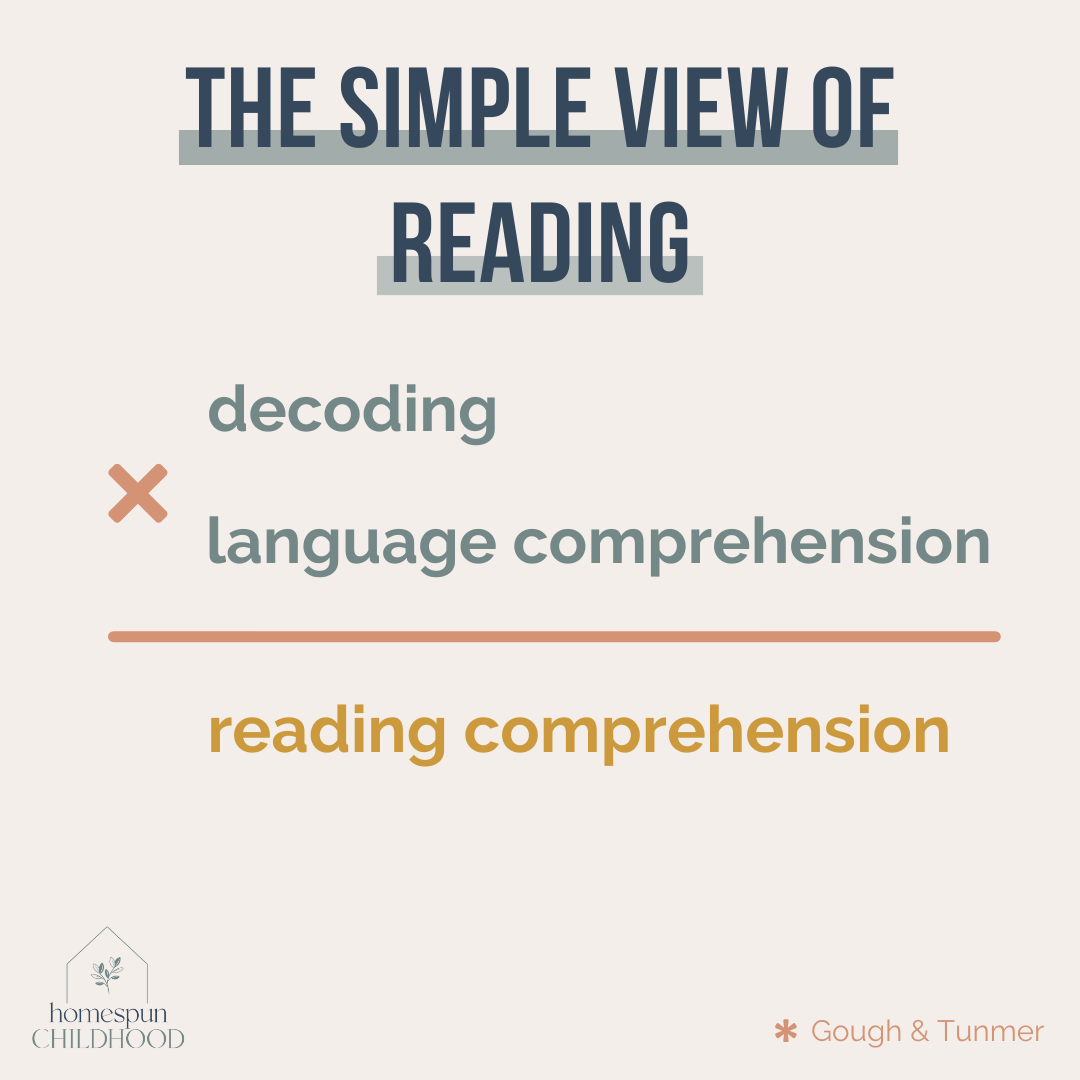the shift from learning to read to reading to learn
Let’s chat about the shift from learning to read to reading to learn.
There is a heavier emphasis on decoding in foundational reading instruction, whereas in the upper elementary grades, when children have become fluent readers, this shifts to language comprehension.
Not sure what I mean by foundational reading instruction? Check out my language arts page.
What is reading comprehension?
The ultimate goal of reading is to be able to understand what we have read. As text gets more complex, this is often easier said than done. Students in upper elementary (3rd grade +) experience more complex text in content area studies (social studies, science, etc.) and literature. These texts often include longer words and more complex sentence structure, require background knowledge about various topics, and include more inferencing and reading between the lines.
Research tells us:
There is overwhelming evidence that students' abilities to understand a text can be enhanced when we incorporate comprehension strategies into our lessons (read-aloud or independent).
Comprehension strategy instruction is strongest for 4th grade and up (more to come on these specific strategies in future posts)
We don’t need to provide extended practice of these strategies — we can explicitly teach them, provide brief practice, and then incorporate them into our daily reading.
Content-focused instruction is better than comprehension skill instruction. We do not need to drill comprehension strategies and practice them in isolation.
What does this mean for homeschool families?
When your child is reading fluently — you have completed a foundational reading program, and your child reads fluently and prosody — the next stage is teaching comprehension strategies. We can/should explicitly teach and model these strategies and then apply them to our content-area/literature work (no need for reading comprehension workbooks).
In a future post, I will dive into what exactly these reading comprehension strategies are and provide resources to support reading comprehension instruction.




